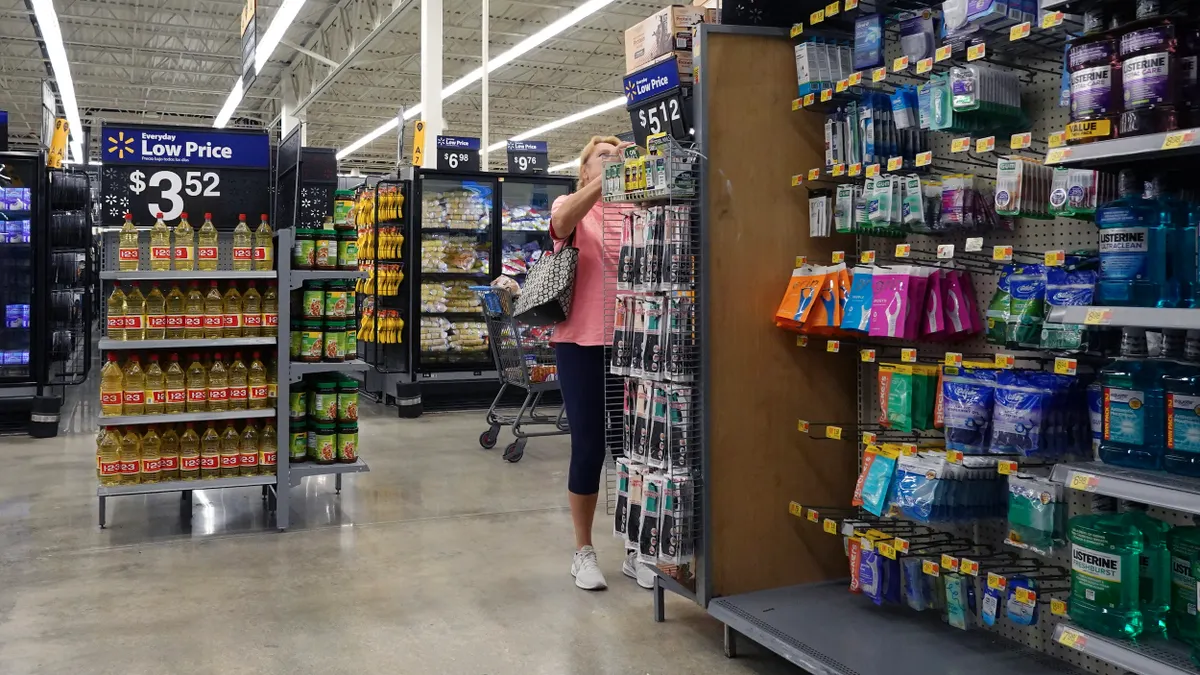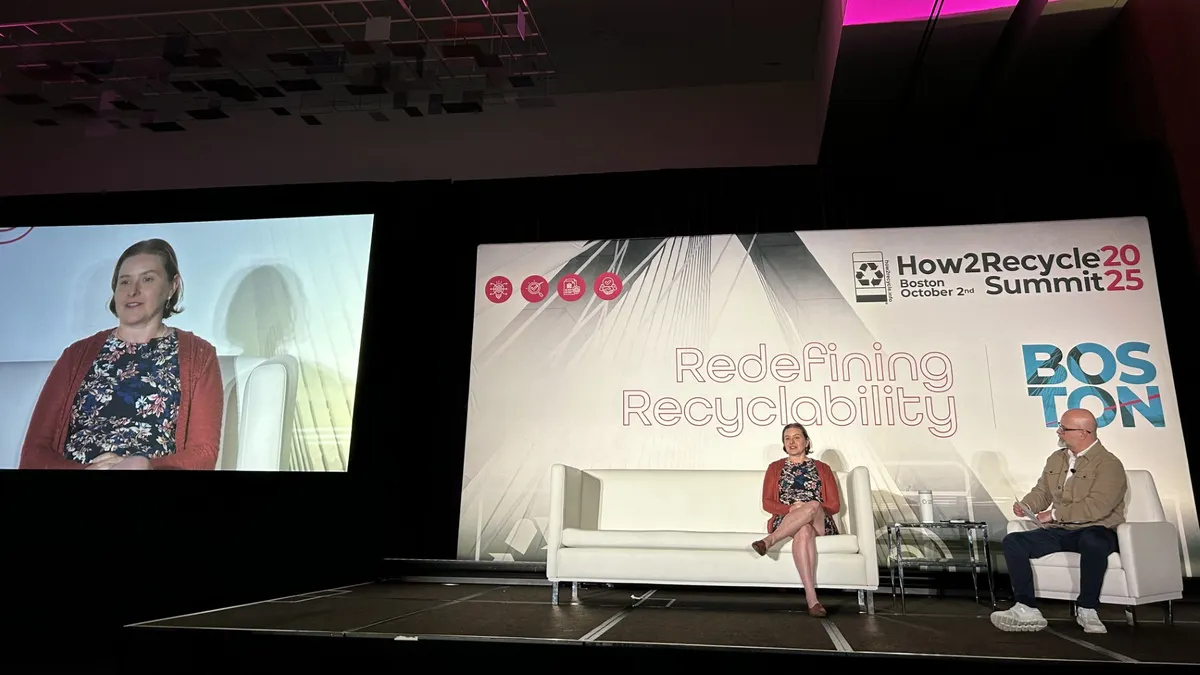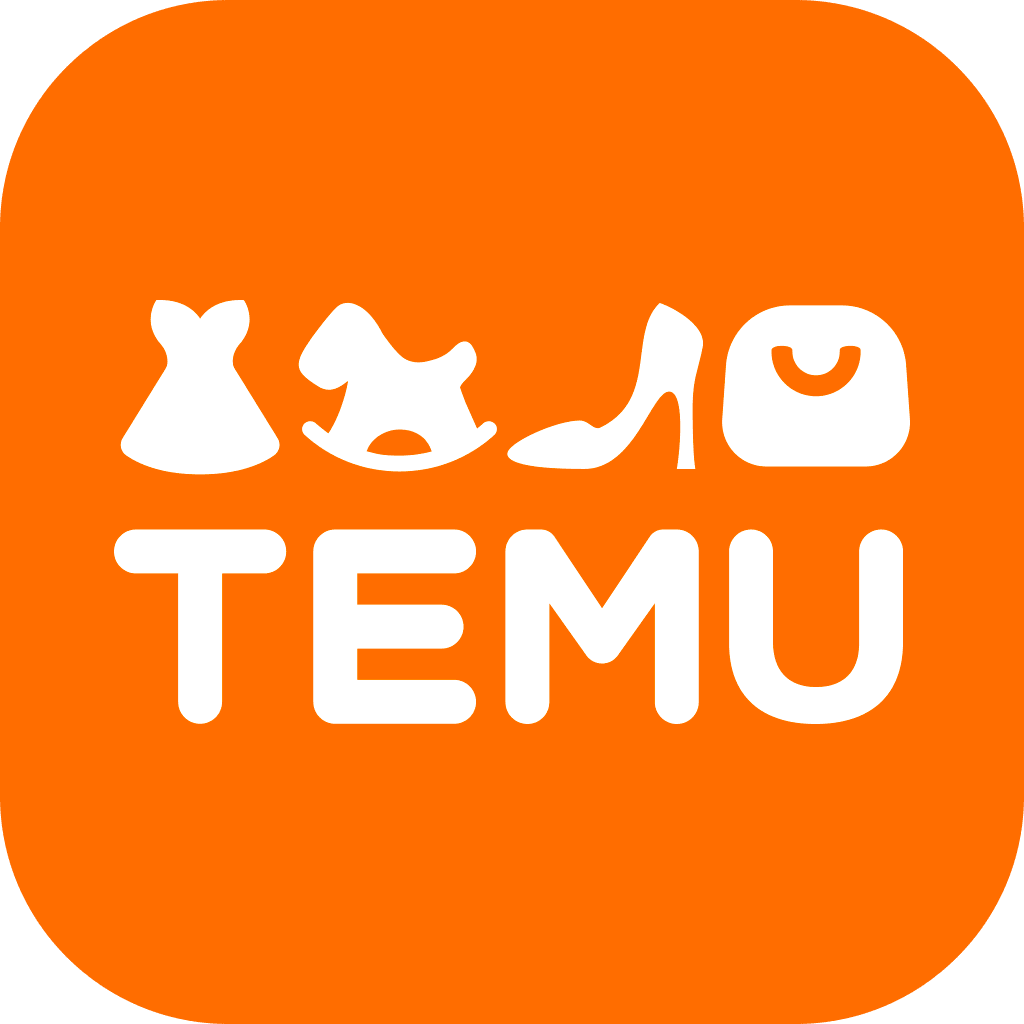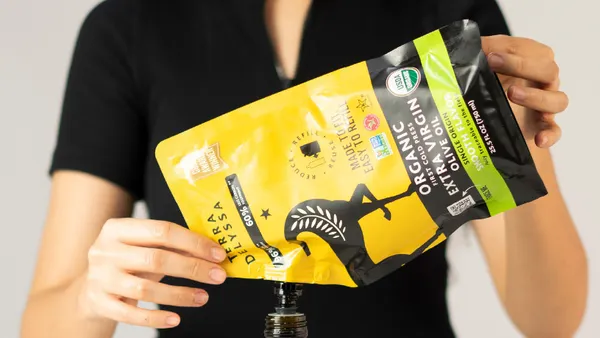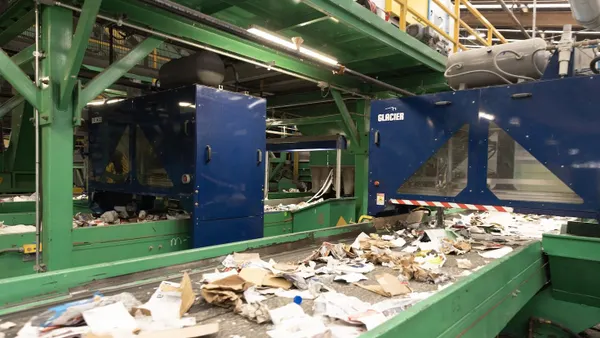Dive Brief:
- The Sustainable Packaging Coalition this week launched its Retailer Forum with Amazon, Walmart, CVS Health and Target to help advance packaging innovations for private label products.
- The group’s initial focus is flexible films with low-barrier requirements. The companies are requesting ideas for “widely recyclable” alternatives.
- The group is requesting solutions that are scalable, satisfy requirements under California’s forthcoming labeling and extended producer responsibility laws, align with How2Recycle standards and follow guidelines from the Association of Plastic Recyclers and American Forest & Paper Association. The submission deadline is Dec. 19.
Dive Insight:
The forum’s founding members may be some of the largest retailers in the U.S., but they don’t always have full visibility into the packaging for their private label products. That falls to contract manufacturers who may use varying packaging suppliers with different specifications.
Paul Nowak, executive director of SPC parent organization GreenBlue, said this creates a “unique challenge” for retailers, especially as EPR reporting and recyclability requirements ramp up.
“That [contract manufacturer] can change their packaging suppliers with no visibility to the retailer, because they're not buying the packaging,” he said during an interview at the SPC Advance event in Boston. “It's always been a challenge, a pain point, but this has just been elevated by policy.”
The forum members discussed multiple possible packaging categories, but this one rose to the top as their first priority. Flexible films are a particular focal point for SPC, with its members looking for various solutions to increase recyclability, or in some cases transition to different materials.
The R&D request outlines various opportunities in non-food-contact packaging, such as wrap for paper products, secondary pouches that contain individually wrapped items like candy or cough drops, refill packs for household and personal care products, polybags for durable goods and electronics that don’t need anti-static protection.
The request also requires that proposals use non-hazardous base materials or additives, minimize the number of unique materials and ensure the packaging can be feasibly recycled in existing systems. Proposed packaging formats are also meant to be cost-competitive.
The relatively quick submission deadline is a recognition that many of these solutions are already on the market. Nowak said SPC had noticed a disconnect where its retail members said they couldn’t find solutions, and its packaging converter members said they had solutions available.
“I think the retailers took a pause and said, ‘Maybe we haven't been clear what a good solution looks like,’” he said, adding that unifying on clear specifications is intended to break that disconnect. “They're willing to work together and they're trying to give a lot of clarity, for the first time ever, to the suppliers.”
Nowak hopes that by asking packaging suppliers for more direct data, rather than having them pitch products via a traditional sales process, that can happen.
Private label products have evolved from purely a discount play to a more diverse array of products that are a growing part of retailers’ strategies. Many retailers — including forum members Amazon, Walmart, CVS Health and Target — have set sustainability targets related to these products or the packaging they’re shipped in.
Multiple sessions at SPC Advance highlighted opportunities for retailers to drive changes in private label products, despite the unique factors involved with them having less direct control in the contract manufacturing process.
A representative from the Consumer Goods Forum shared examples of how major retailers, such as Canadian grocer Loblaw, have implemented the group’s Golden Design Rules for plastic packaging to shift formats. A separate presentation showed how design firm Marks helped CVS redesign thermometer packaging to transition away from plastic blister packs to a fully fiber-based format.
Nowak said interest in the forum is high and other companies have asked to join. But SPC plans to keep it small to start. He said the initial group was formed based on a strong relationship among key individuals at each of the founding companies. SPC plans to repeat this process for other packaging categories and could also eventually expand to include more companies.


